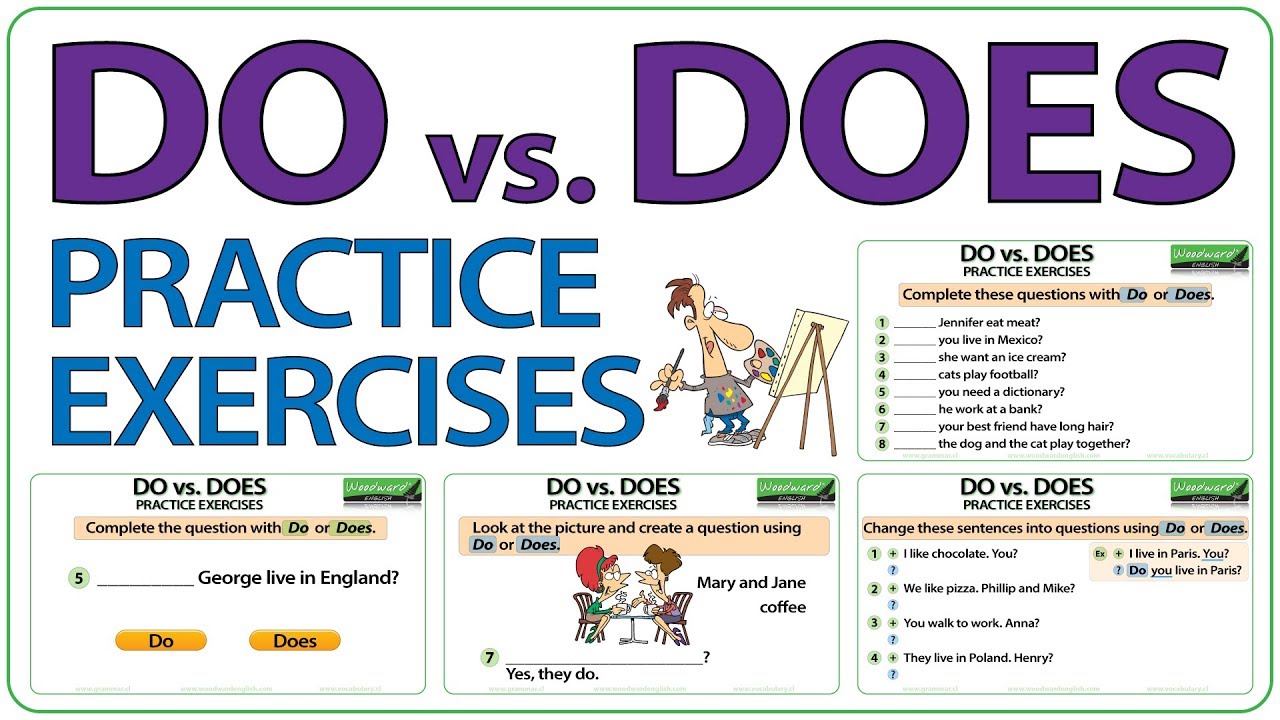Understanding Designated Agents in Real Estate: Dedicated Representation for Buyers and Sellers
Introduction: What Is a Designated Agent in Real Estate?
In the real estate industry, the concept of a designated agent plays a crucial role in ensuring both buyers and sellers receive dedicated representation-even when both parties are working with the same brokerage. This structure helps clarify responsibilities, protect client interests, and streamline transactions. Understanding how designated agency works, its benefits, and the steps to access this service can empower you to make informed decisions in your next real estate transaction. [3]
Designated Agent Defined
A designated agent is a licensed real estate professional appointed by a brokerage to exclusively represent either the buyer or the seller in a transaction. Unlike dual agency, where one agent represents both parties, designated agency ensures each client has an advocate solely focused on their best interests. [1] For example, if you list your home with Agent X from Brokerage A, and a buyer comes to the same brokerage, the firm may assign Agent Y to represent the buyer, creating a designated agency situation. [2]

Source: realestatetrainingschool.com
How Designated Agency Works in Practice
Designated agency typically arises when a buyer and seller are both clients of the same real estate brokerage. To avoid conflicts of interest and ensure full advocacy, the brokerage assigns separate agents-one for each party. Each agent is responsible for negotiating, advising, and prioritizing their client’s interests. [3] For instance, if Brokerage Company A lists your home, and a buyer approaches Brokerage Company A independently, the firm will appoint an agent to work with the buyer while your listing agent continues to represent you. [5]
Key Differences: Designated Agency vs. Dual Agency
Understanding the distinction between dual and designated agency is essential:
- Dual Agency: One agent represents both buyer and seller, acting as a neutral facilitator. This can limit the agent’s ability to fully advocate for either party. [1]
- Designated Agency: Two agents from the same brokerage represent each party separately. Each agent provides dedicated advice, negotiation, and representation for their client. [3]
Designated agency is preferred by many industry professionals and clients because it reduces conflicts, enhances transparency, and ensures each party’s interests are protected. [2]

Source: arabmls.org
Benefits of Designated Agency
Designated agency offers several advantages to both buyers and sellers:
- Dedicated Representation: Each party receives focused guidance and advocacy, improving outcomes in negotiations. [1]
- Conflict Reduction: Agents are less likely to face ethical dilemmas or divided loyalties, creating a more transparent process. [2]
- Full Disclosure: Each agent can provide candid advice, share market insights, and recommend strategies tailored to their client’s goals. [5]
For example, a seller’s designated agent can aggressively market the property and negotiate for the best price, while the buyer’s agent works to secure favorable terms and disclosures.
Potential Challenges and Solutions
While designated agency offers clear benefits, clients should be aware of potential challenges:
- Limited Privacy: Since both agents work for the same brokerage, some information may be shared within the firm. However, agents are ethically bound to maintain client confidentiality. [1]
- Brokerage Policy Transparency: Not all brokerages offer designated agency, and policies may vary. It is essential to ask about agency types before signing a representation agreement. [3]
- State Regulations: Designated agency is not permitted in every state. Check with your local real estate commission or state licensing board for guidance. [2]
To overcome these challenges, discuss agency options with your agent, review your brokerage’s disclosure documents, and consult with legal counsel if needed to ensure your interests are protected.
How to Access Designated Agency Services
If you want the benefits of designated agency for your property transaction, take these steps:
- Research Brokerages: Look for real estate companies in your market that explicitly offer designated or appointed agency services. Ask about their policies and agent assignment procedures. [3]
- Interview Agents: Meet with prospective agents and ask direct questions about their experience with designated agency transactions. Clarify how the firm handles internal referrals and confidentiality.
- Review Agreements: Read all agency disclosure forms carefully. These documents outline your rights, the agent’s obligations, and specific agency relationships allowed by state law. [2]
- Confirm State Regulations: Since agency rules vary by state, check with your state’s real estate commission for approved agency structures. Some states require written consent for designated agency participation.
- Seek Professional Advice: If you have concerns or complex needs, consult with a real estate attorney or independent advisor for guidance on agency relationships and contract terms.
Remember, you can always reach out to your state’s real estate commission or search for “designated agency real estate [your state]” for more information and approved brokerage lists.
Alternatives to Designated Agency
Depending on your market and personal preferences, you may consider alternatives:
- Single Agency: Each party is represented by agents from different brokerages. This is the most straightforward option and avoids in-house conflicts.
- Dual Agency: A single agent represents both parties. While allowed in some states, it restricts the agent’s ability to advocate for either side and may not suit complex or contentious transactions. [1]
- Transaction Brokerage: The agent acts as a facilitator, not a fiduciary, helping both sides complete the transaction without giving specific advice. [5]
Evaluate your needs, the complexity of the transaction, and available brokerage options before committing.
Real-World Example: How Designated Agents Benefit Clients
Suppose you list your home with Agent X at Brokerage Company A. A buyer, Tom, independently contacts Agent Y at the same brokerage to see homes. Because both agents work under the same roof, Brokerage Company A can assign Agent X to the seller and Agent Y to the buyer, ensuring both parties receive full representation and advocacy. [3] This structure protects each client’s interests and improves negotiation outcomes.
Key Takeaways
A designated agent provides dedicated representation in real estate transactions where both parties use the same brokerage. This structure offers clarity, advocacy, and protection for buyers and sellers, though it requires careful disclosure and understanding of brokerage policies. Before engaging in any real estate transaction, research agency types, review legal documents, and consult with professionals to make the best choice for your situation.
References
- [1] ActiveRain (2023). The Difference Between Dual and Designated Agency.
- [2] Maximum Real Estate Exposure (2023). What is Designated Agency: Designated Agents Explained.
- [3] Bankrate (2022). What is designated agency in real estate?
- [5] FastExpert (2022). Single, Dual, & Designated Agency: What’s the Difference?



